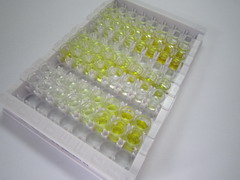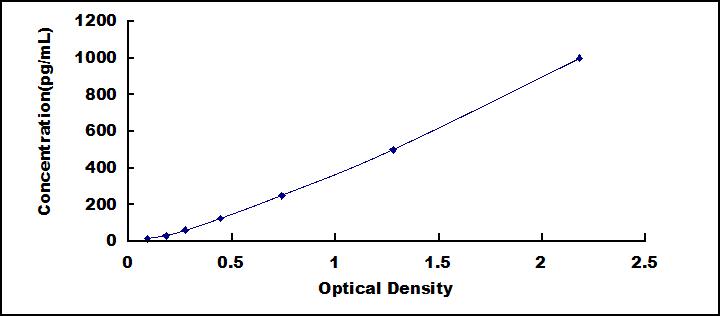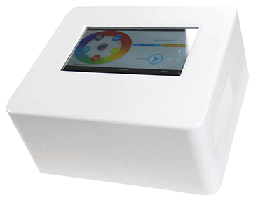Packages (Simulation)

Reagent Preparation

Image (I)
Image (II)
Certificate


ELISA Kit for Transforming Growth Factor Beta 3 (TGFb3)
TGF-B3; LAP; Latency-associated peptide
- Product No.SEB949Ra
- Organism SpeciesRattus norvegicus (Rat) Same name, Different species.
- Sample Typeserum, plasma, tissue homogenates, cell lysates, cell culture supernates and other biological fluids
- Test MethodDouble-antibody Sandwich
- Assay Length3h
- Detection Range31.2-2,000pg/mL
- SensitivityThe minimum detectable dose of this kit is typically less than 12.1pg/mL.
- DownloadInstruction Manual
- UOM 48T96T 96T*5 96T*10 96T*100
- FOB
US$ 505
US$ 722
US$ 3249
US$ 6137
US$ 50540
For more details, please contact local distributors!
Specificity
This assay has high sensitivity and excellent specificity for detection of Transforming Growth Factor Beta 3 (TGFb3).
No significant cross-reactivity or interference between Transforming Growth Factor Beta 3 (TGFb3) and analogues was observed.
Recovery
Matrices listed below were spiked with certain level of recombinant Transforming Growth Factor Beta 3 (TGFb3) and the recovery rates were calculated by comparing the measured value to the expected amount of Transforming Growth Factor Beta 3 (TGFb3) in samples.
| Matrix | Recovery range (%) | Average(%) |
| serum(n=5) | 96-104 | 101 |
| EDTA plasma(n=5) | 83-101 | 92 |
| heparin plasma(n=5) | 88-95 | 91 |
Precision
Intra-assay Precision (Precision within an assay): 3 samples with low, middle and high level Transforming Growth Factor Beta 3 (TGFb3) were tested 20 times on one plate, respectively.
Inter-assay Precision (Precision between assays): 3 samples with low, middle and high level Transforming Growth Factor Beta 3 (TGFb3) were tested on 3 different plates, 8 replicates in each plate.
CV(%) = SD/meanX100
Intra-Assay: CV<10%
Inter-Assay: CV<12%
Linearity
The linearity of the kit was assayed by testing samples spiked with appropriate concentration of Transforming Growth Factor Beta 3 (TGFb3) and their serial dilutions. The results were demonstrated by the percentage of calculated concentration to the expected.
| Sample | 1:2 | 1:4 | 1:8 | 1:16 |
| serum(n=5) | 80-92% | 95-104% | 78-95% | 89-103% |
| EDTA plasma(n=5) | 89-104% | 88-95% | 79-89% | 91-99% |
| heparin plasma(n=5) | 95-105% | 95-102% | 97-104% | 87-101% |
Stability
The stability of kit is determined by the loss rate of activity. The loss rate of this kit is less than 5% within the expiration date under appropriate storage condition.
To minimize extra influence on the performance, operation procedures and lab conditions, especially room temperature, air humidity, incubator temperature should be strictly controlled. It is also strongly suggested that the whole assay is performed by the same operator from the beginning to the end.
Reagents and materials provided
| Reagents | Quantity | Reagents | Quantity |
| Pre-coated, ready to use 96-well strip plate | 1 | Plate sealer for 96 wells | 4 |
| Standard | 2 | Standard Diluent | 1×20mL |
| Detection Reagent A | 1×120µL | Assay Diluent A | 1×12mL |
| Detection Reagent B | 1×120µL | Assay Diluent B | 1×12mL |
| TMB Substrate | 1×9mL | Stop Solution | 1×6mL |
| Wash Buffer (30 × concentrate) | 1×20mL | Instruction manual | 1 |
Assay procedure summary
1. Prepare all reagents, samples and standards;
2. Add 100µL standard or sample to each well. Incubate 1 hours at 37°C;
3. Aspirate and add 100µL prepared Detection Reagent A. Incubate 1 hour at 37°C;
4. Aspirate and wash 3 times;
5. Add 100µL prepared Detection Reagent B. Incubate 30 minutes at 37°C;
6. Aspirate and wash 5 times;
7. Add 90µL Substrate Solution. Incubate 10-20 minutes at 37°C;
8. Add 50µL Stop Solution. Read at 450nm immediately.
GIVEAWAYS
INCREMENT SERVICES
-
 Single-component Reagents of Assay Kit
Single-component Reagents of Assay Kit
-
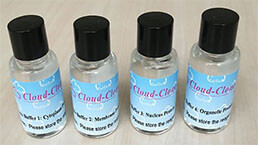 Lysis Buffer Specific for ELISA / CLIA
Lysis Buffer Specific for ELISA / CLIA
-
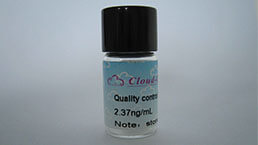 Quality Control of Kit
Quality Control of Kit
-
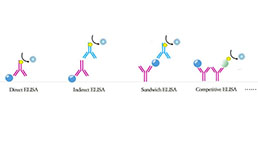 ELISA Kit Customized Service
ELISA Kit Customized Service
-
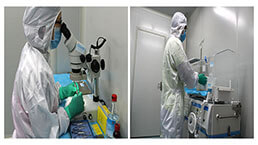 Disease Model Customized Service
Disease Model Customized Service
-
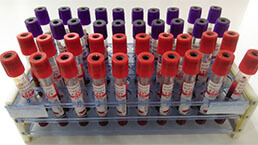 Serums Customized Service
Serums Customized Service
-
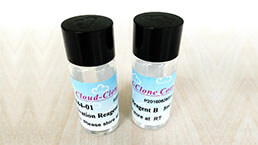 TGFB1 Activation Reagent
TGFB1 Activation Reagent
-
 Real Time PCR Experimental Service
Real Time PCR Experimental Service
-
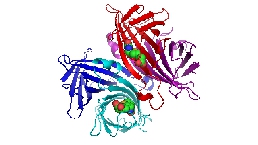 Streptavidin
Streptavidin
-
 Fast blue Protein Stain solution
Fast blue Protein Stain solution
-
 Single-component Reagents of FLIA Kit
Single-component Reagents of FLIA Kit
-
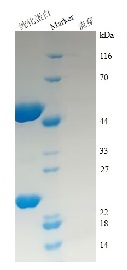 Streptavidin-Agarose Beads
Streptavidin-Agarose Beads
| Magazine | Citations |
| PLoS ONE | A Combinatorial Relative Mass Value Evaluation of Endogenous Bioactive Proteins in Three-Dimensional Cultured Nucleus Pulposus Cells of Herniated Intervertebral Discs: Identification of Potential Target Proteins for Gene Therapeutic Approaches Plosone: Source |
| J Reprod Immunol | The immunomodulating effect of seminal plasma on T cells PubMed: 25799173 |
| Fertility and Sterility | Influence of vitamin D and transforming growth factor β3 serum concentrations, obesity, and family history on the risk for uterine fibroids pubmed:27743697 |
| Eur J Pharm Biopharm | New scaffolds encapsulating TGF-β3/BMP-7 combinations driving strong chondrogenic differentiation pubmed:28087378 |
| Transforme edici büyüme faktörü-beta-1 nötralizan antikoru ve transforme edici büyüme faktörü-beta-3'ün trakeal darlık gelişimi üzerine etkileri 10.5606/tgkdc.dergisi.2017.14302 | |
| Fertility and Sterility | Ulipristal acetate decreases transforming growth factor β3 serum and tumor tissue concentrations in patients with uterine fibroids Pubmed:29525690 |
| Scientific Reports | TGF-β concentrations and activity are down-regulated in the aqueous humor of patients with neovascular age-related macular degeneration Pubmed:29795291 |
| Immunology Letters | The involvement of multifunctional TGF-β and related cytokines in pathogenesis of endometriosis Pubmed: 30367890 |
| Cell Reports | Transforming Growth Factor-β3 Regulates Adipocyte Number in Subcutaneous White Adipose Tissue Pubmed: 30332637 |
| INTERNATIONAL JOURNAL OF MOLECULAR SCIENCES | Temporal TGF-β Supergene Family Signalling Cues Modulating Tissue Morphogenesis: Chondrogenesis within a Muscle Tissue Model? Pubmed: 32660137 |
| Equine Vet J | Limited added value of negative pressure wound therapy compared to calcium alginate dressings for second intention healing in a non©\contaminated and?¡ 34115409 |
| AAPS PharmSciTech | Nanoparticles and Nanostructured Films with TGF-β3: Preparation, Characterization, and Efficacy 34378118 |

